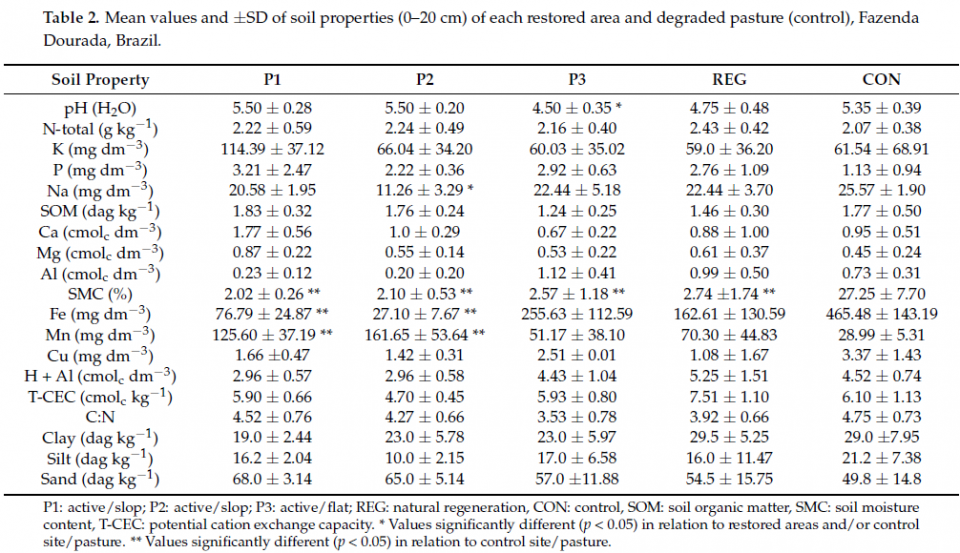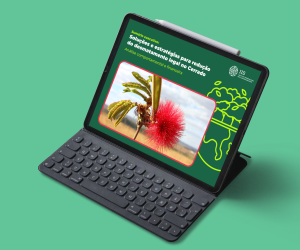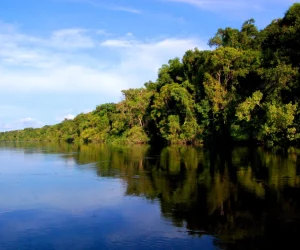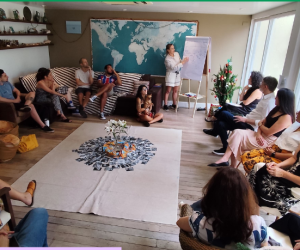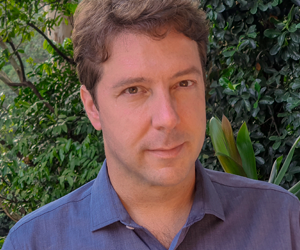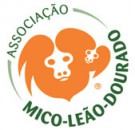Publications > Article
Early Response of Soil Properties under Different Restoration Strategies in Tropical Hotspot
The Brazilian Atlantic Forest has undergone adverse land-use change due to deforestation for urbanization and agriculture. Numerous restoration initiatives have been taken to restore its ecosystem services. Deforested areas have been restored through active intervention or natural regeneration. Understanding the impact of those different reforestation approaches on soil quality should provide important scientific and practical conclusions on increasing forest cover in the Brazilian Atlantic Forest biome. However, studies evaluating active planting versus natural regeneration in terms of soil recovery are scarce. This study evaluates soil dynamics under those two contrasting strategies at an early stage (<10 years). Reforestation was conducted simultaneously on degraded lands previously used for cattle grazing and compared to an abandoned pasture as a reference system. It was examined soil physicochemical properties such as: pH, soil organic matter content, soil moisture, N, P, K, Ca, Mg, Na, Fe, Mn, Cu, Al, and soil texture, and presented the costs of both methods. It was found significant differences in restored areas regarding pH, Na, Fe, Mn content, and the cost. Soil moisture was significantly higher in pasture. This research can contribute to better decision-making about which restoration strategy to adopt to maximize restoration success regarding soil quality and ecosystem services in the tropics.
The “Early Response of Soil Properties under Different Restoration Strategies in Tropical Hotspot” was published in ‘Land’ journal, in collaboration with prof. Jeronimo Sansevero (UFRRJ) and AMLD (Mico Leão Dourado/ Golden Lion Tamarin Association). The research was part of Maiara Mendes’ master’s thesis.
